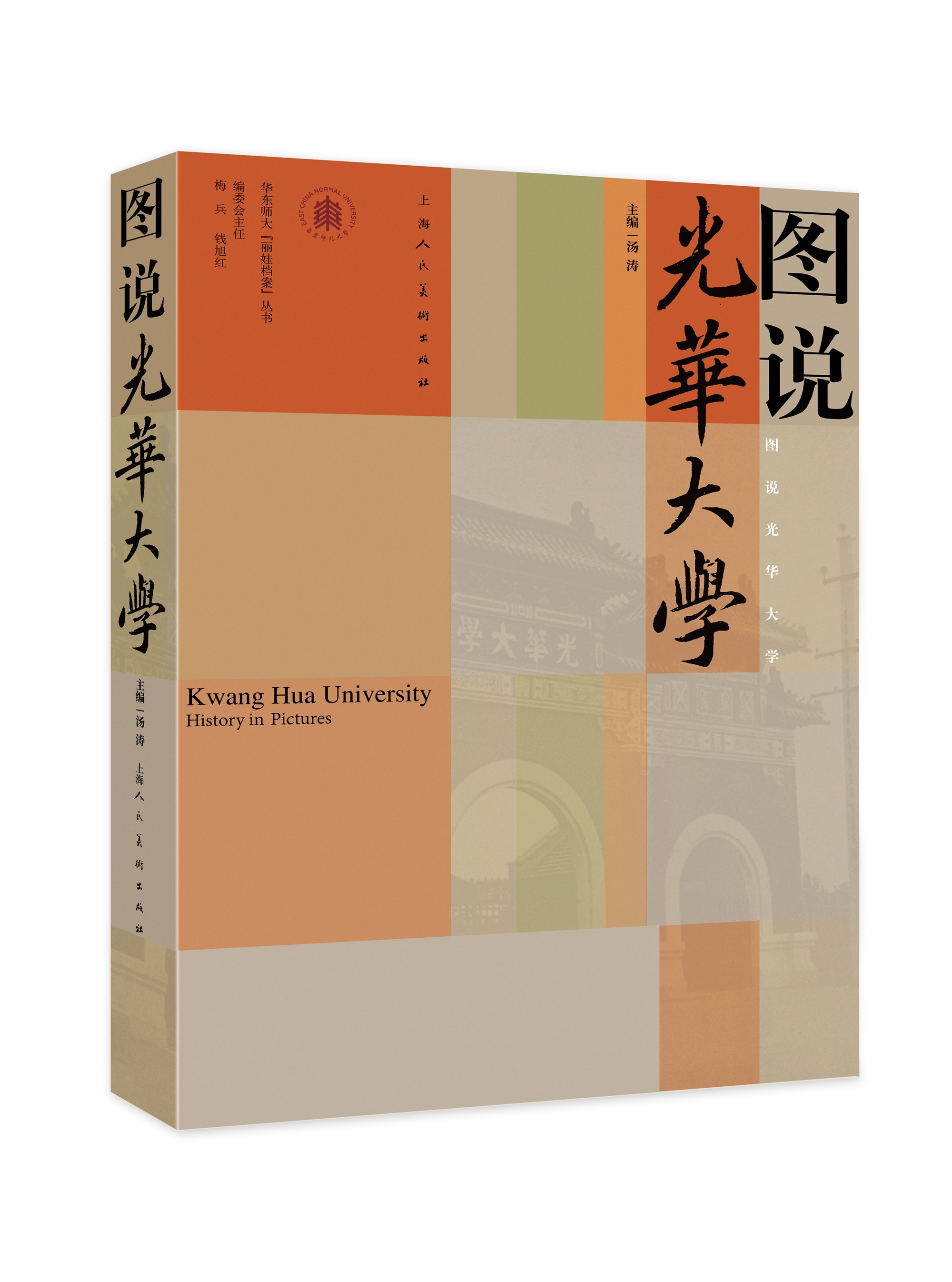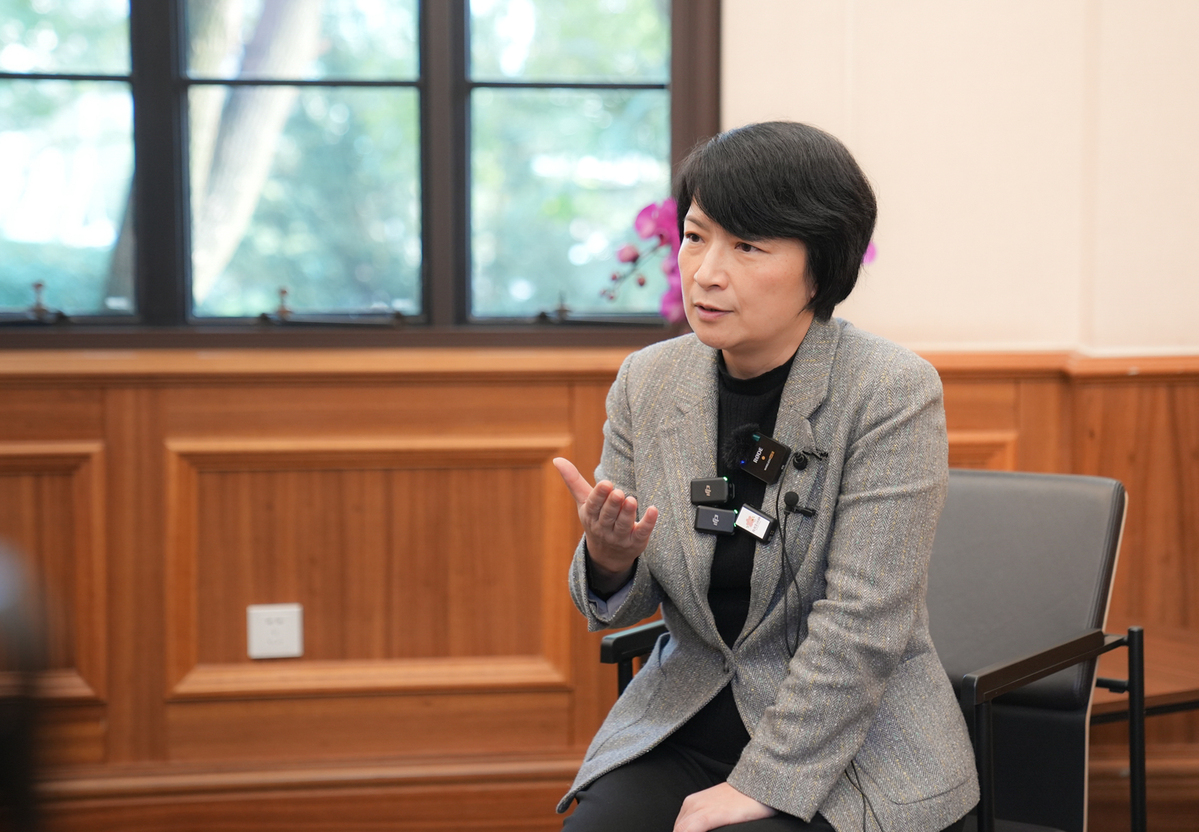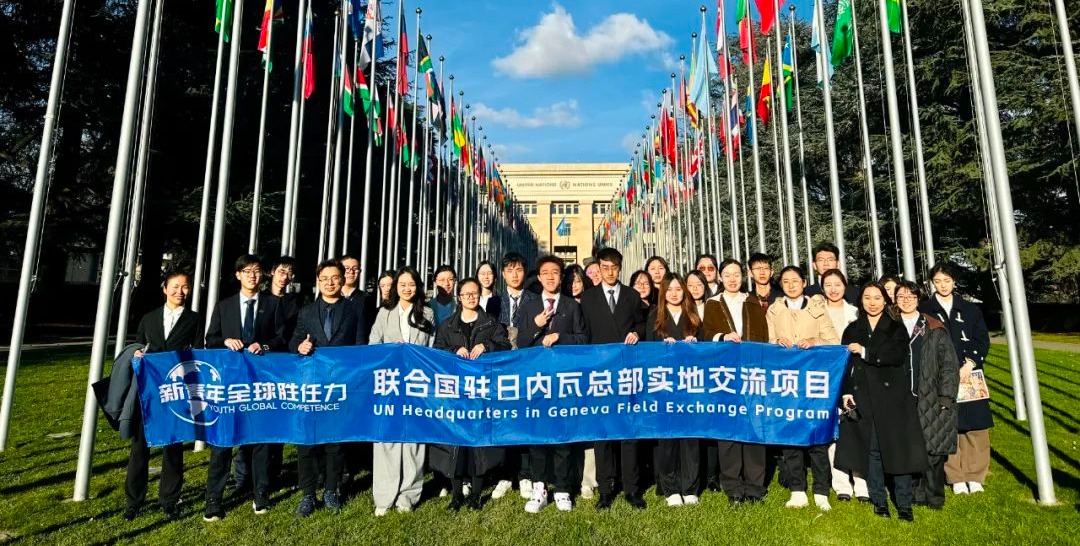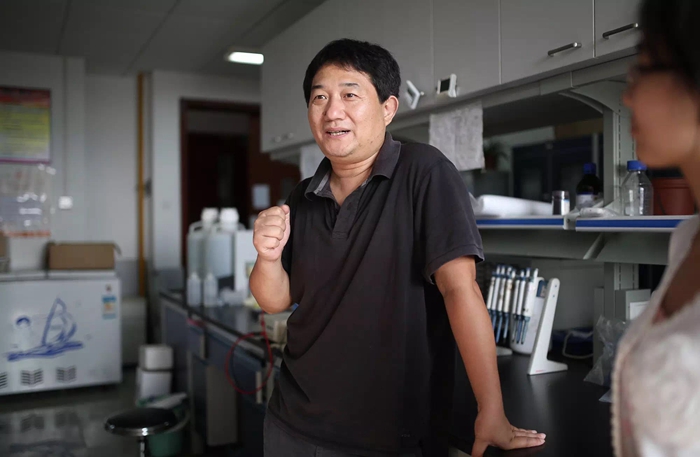
Prof. Wang Chuangui
Centrosome amplification is frequent in cancer, but the underlying mechanisms remain unclear. Prof. Wang Chuangui from the School of Life Sciences and his team members found that reduction of the Kruppel-like factor 14 (KLF14) can serve as a mechanism leading to centrosome amplification and tumorigenesis. Wang reported his team's findings in “Loss of KLF14 triggers centrosome amplification and tumorigenesis” on Nature Communication on October 6, 2015.
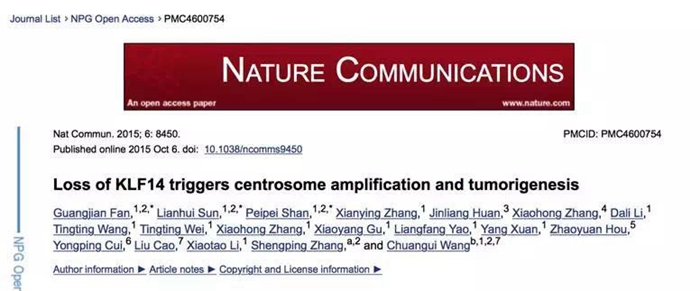
Nature Communication publishes these findings.
Centrosome amplification, the presence of extra centrosomes, is frequently detected in a growing list of human cancers, where it is proposed to play a causative role in tumorigenesis. However, molecular mechanisms causing centrosome amplification in human cancers are still largely unknown. Centrosome duplication is controlled by centriole replication. In most dividing animal cells, centrioles duplicate once and only once per cell cycle. Polo-like kinase 4 (Plk4 or SAK) has emerged as a master regulator of centriole assembly and duplication. Identifying factors that govern Plk4 transcription would probably be rewarding in understanding the causes or effects of centrosome amplification in cancer.
The Krüppel-like family of transcription factors (KLFs) has received intensive investigations in human physiological and pathological processes. In recent years, KLF14 (also called BTEB5) has elicited significant attention. Genetic studies have revealed that KLF14 may serve as a master regulator of gene expression in adipose tissue, and there appears to be a connection between KLF14 and hypercholesterolemia and type 2 diabetes.
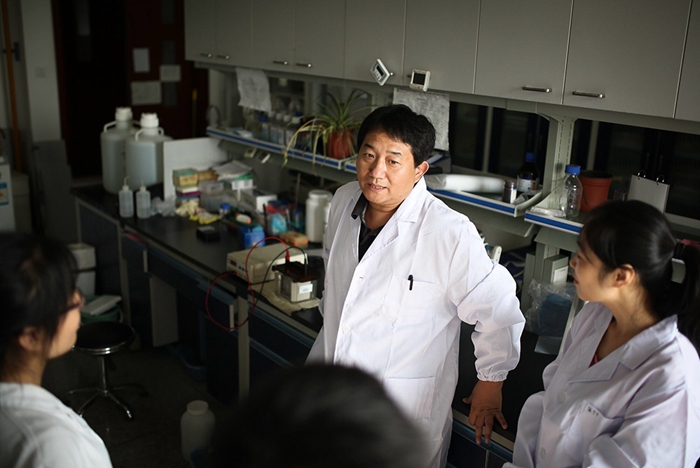
Wang has a discussion with his team members.
In this study, Wang and his team members disrupted the KLF14 gene in mice and reported that disruption of the Kruppel-like factor 14 (KLF14) gene in mice causes centrosome amplification, aneuploidy and spontaneous tumorigenesis. Molecularly, KLF14 functions as a transcriptional repressor of Plk4.Transient knockdown of KLF14 is sufficient to induce Plk4-directed centrosome amplification. Clinically, KLF14 transcription is significantly downregulated, whereas Plk4 transcription is upregulated in multiple types of cancers, and there exists an inverse correlation between KLF14 and Plk4 protein expression in human breast and colon cancers.
Their findings reveal that KLF14 reduction serves as a mechanism leading to centrosome amplification and tumorigenesis. On the other hand, forced expression of KLF14 leads to mitotic catastrophe. Collectively, their findings identify KLF14 as a tumour suppressor and highlight its potential as biomarker and therapeutic target for cancer.


